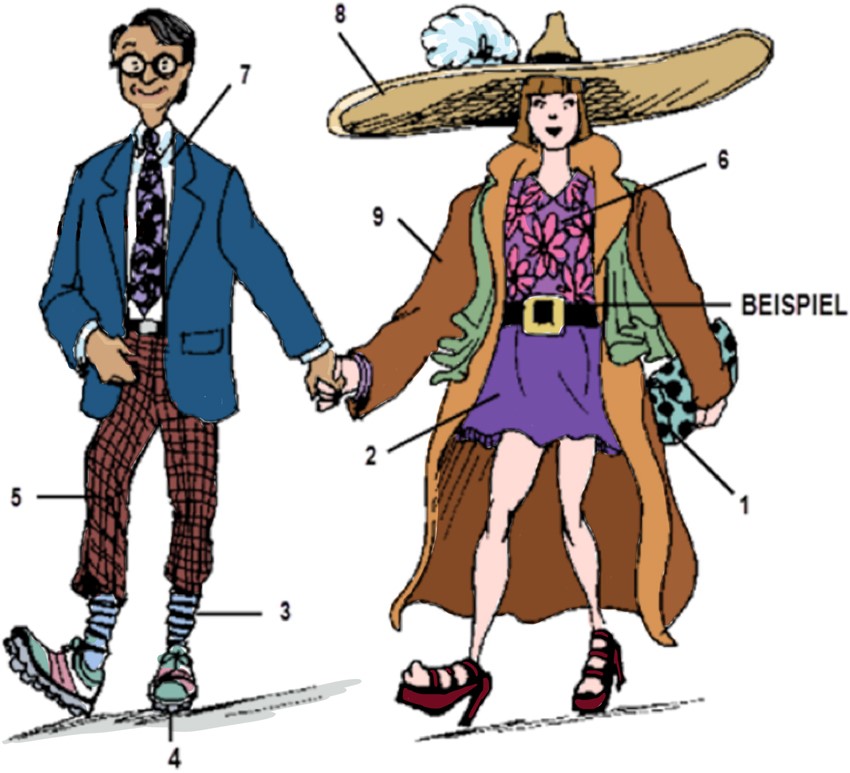Use the elements given and other words of your choice to make statements about yourself. Use the verbs given in the present tense.
1. d’habitude / je / partir en vacances avec…
_________________________________________________________________________________________________________
2. généralement / nous / partir en vacances en…
_________________________________________________________________________________________________________
3. mes ami(e)s / sortir / le… soir, vers… heures
_________________________________________________________________________________________________________
4. le dimanche / mes ami(e)s / dormir jusqu’à…
_________________________________________________________________________________________________________
5. mon/ma meilleur(e) ami(e) / sortir…
_________________________________________________________________________________________________________
What will be an ideal response?
1. D’habitude, je pars en vacances avec…
2. Généralement, nous partons en vacances en…
3. Mes ami(e)s sortent le … soir vers… heures.
4. Le dimanche, mes ami(e)s dorment jusqu’à…
5. Mon/Ma meilleur(e) ami(e) sort…
You might also like to view...
In a narrative, be careful not to ______.
a. use the past tense b. change verb tenses c. use the present tense d. All of these options.
Many early humans were predators; Therefore, all humans are predators. This statement illustrates the _____ fallacy
a. Read herring b. Slippery-slope c. Bandwagon d. None of the above
According to the narrator, in what style is her new home built?
a) Eastern b) Western c) contemporary d) soothing
Sehen Sie sich Daniel und Anne an und tragen Sie die Namen der Kleidungsstücke – mit den jeweiligen bestimmten Artikeln (the appropriate definite articles) – in die Liste ein

What will be an ideal response?